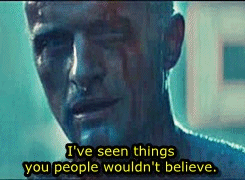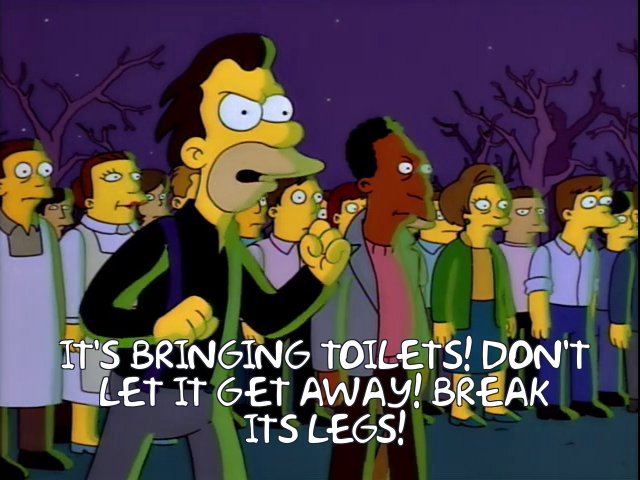https://www.wsj.com/articles/going-outside-turns-political-in-india-toilet-drive-1486722604
Going Outside Turns Political in India Toilet Drive

"Going to the toilet has become very political," said Mr. Koshle. "You can't imagine the hostility we've encountered."
Going Outside Turns Political in India Toilet Drive
NIMORA, India—Long before Prime Minister Narendra Modi vowed to build "smart cities" and mega ports, he mounted the ramparts of New Delhi's historic Red Fort and announced his most high-profile project: toilets.
Hundreds of millions of Indians don't have or use them, an issue of such urgency that Mr. Modi made resolving it by 2019 central to his plans to modernize his country.
...
But some Nimora villagers—and at least 40% of Indian households—still don't use them. Mr. Modi's campaign illustrates the profound challenges the country faces in becoming a first-world economic power. Toilet nonuse lies at the core of India's most-pressing health and development problems, including the spread of bacteria and viruses, diarrheal deaths and childhood stunting. It risks the safety of women who must go outside in the dark.

The toilet-building frenzy, tallied on a government website, shrouds a bigger problem: many who get toilets don't use them. Some consider it impure to use indoor toilets. At times, fathers-in-law refuse to share toilets with their daughters-in-law.
In houses unconnected to sewage systems—the majority of village residences—people worry about cleaning latrine pits, a job associated with those formerly known as "untouchables." Others don't see the need to change.
"I like to take a walk," said Luv Nishad, 35, a laborer in the village of Nagar, "and do my business away from where we sleep and pray."
In October, Mr. Koshle sealed a gap in the walls of a school whose large, grass-covered grounds had become a bathroom of choice. Dozens marched to his home in protest, wielding water buckets they carry for outside duty. They demolished the wall.
"Going to the toilet has become very political," said Mr. Koshle. "You can't imagine the hostility we've encountered."


